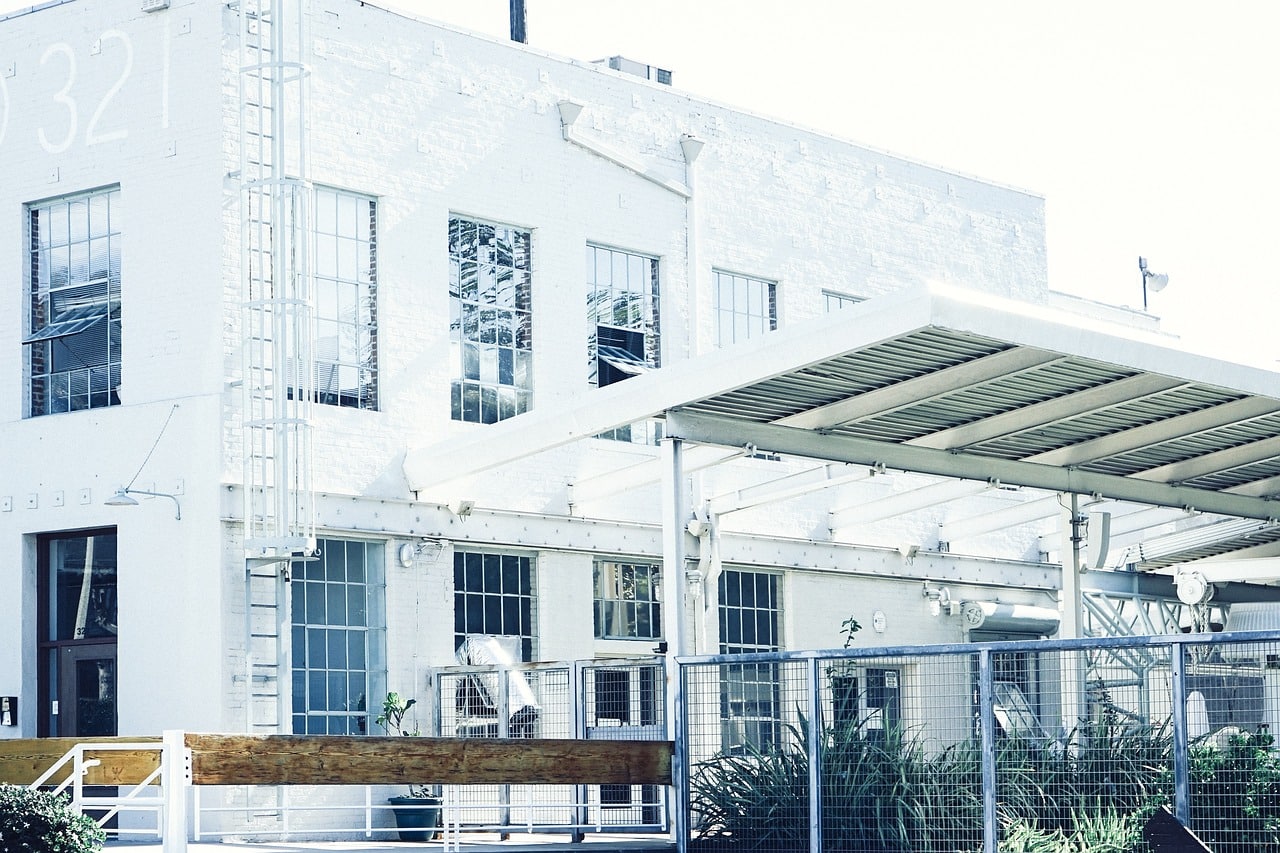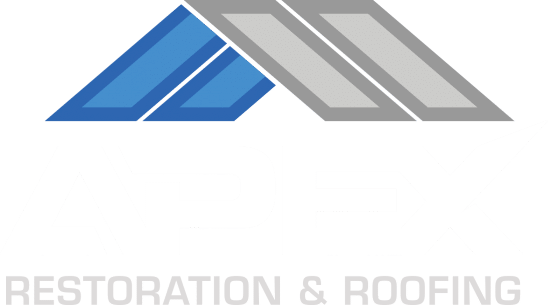Key Takeaways
- PVC and TPO are both durable and energy efficient.
- PVC has superior chemical and fire resistance, making it suitable for buildings exposed to harsh environments.
- TPO is a cost-effective, energy-efficient option, but it may require more maintenance and has a shorter lifespan than PVC.
- Focused on sustainability? Then opt for TPO as it has a lower carbon footprint and can be recycled.
- Apex Restoration & Roofing provides the best roofing solutions for long-lasting results.
Roofing Options for Commercial Buildings: PVC vs. TPO
When choosing a roofing system for your commercial building, it’s important to think about materials that are durable, energy-efficient, and cost-effective. Two popular options are Polyvinyl Chloride (PVC) and Thermoplastic Olefin (TPO).
Understanding the characteristics, benefits, and considerations of each can help you make an informed decision.
| Apex Restoration & Roofing: Your Roofing Specialists in Colorado Located in Englewood, Colorado, Apex Restoration & Roofing offers expert residential and commercial roofing services. With over 27 years of experience, we specialize in roof replacements, repairs, and storm damage restoration, using only the highest quality materials. Our A+ BBB rating and a 5-star rating on Google from satisfied customers ensure your project meets the highest standards of quality and satisfaction. See the Apex difference today! |
What is PVC Roofing?
PVC is a single-ply membrane made from a blend of ethylene and chlorine, combined with plasticizers for improved flexibility. This material has been favored in the roofing industry for over 4 decades, thanks to its durability and resistance to chemicals and natural elements.
Why PVC May Be Right for You
- Chemical Resistance: PVC roofs are great for buildings that are exposed to harsh chemicals and chemical byproducts because they’re highly resistant to chemicals.
- Fire Resistance: PVC is also excellent for buildings that handle high-temperature materials.
- Wind & Weather Resistance: This material is a great option for buildings that are prone to harsh weather and wind conditions.
- Long Lifespan: PVC roofs can last up to 30 years.
PVC Roofing: What to Consider
- Cost: PVC is more expensive to install than TPO.
- Maintenance: PVC roofs require less maintenance compared to TPO roofs.
- Environmental Impact: PVC production has a higher environmental impact compared to TPO.

What is TPO Roofing?
TPO is a single-ply membrane made from a blend of polypropylene and ethylene-propylene polymers. It has reflective properties and is energy efficient, which makes it a popular choice for commercial buildings.
Why TPO May Be Right for You
- Energy Efficiency: TPO roofs are highly reflective, which helps cut cooling costs.
- Cost-Effective: TPO is usually more affordable upfront.
- Environmentally Friendly: This material is better for the environment as it can be recycled and has a smaller impact on the planet during production.
TPO Roofing: What to Consider
- Durability: TPO roofs usually last 15-25 years.
- Maintenance: TPO roofs may need more frequent inspections and repairs.
- Chemical Resistance: TPO is less resistant to chemicals than PVC.
PVC vs. TPO: A Detailed Comparison
| Feature | PVC Roofing | TPO Roofing |
| Durability | Up to 30 years with proper maintenance. | 15-25 years. |
| Cost | Higher initial cost. | More affordable upfront. |
| Energy Efficiency | Highly reflective, reducing cooling costs. | Reflective, but this can wear off over time. |
| Maintenance | Needs less maintenance. | May need more frequent inspections and repairs. |
| Environmental Impact | Higher environmental impact during production. | Lower environmental impact; recyclable. |

Making the Right Choice for Your Commercial Roof
If you’re looking for a cost-effective, energy-efficient option with heat-reflective properties, TPO is a great choice. For superior durability and chemical resistance, especially in harsh environments, PVC is a better bet—though it does come with a higher upfront cost.
Choose Apex for the Best Roofing Systems
At Apex, we’re all about giving you the best roofing installation services for your commercial building. No matter what you need – a durable, energy-efficient system or specific materials to meet your building’s demands – we’re here to help you make the right choice.
Give us a call today for a free consultation, and we’ll help you protect your investment with a roofing system that lasts.
Frequently Asked Questions (FAQ)
What are the primary differences between PVC and TPO roofing systems?
PVC is great at resisting chemicals, fire, and weather. TPO is great for energy efficiency and cost-effectiveness. PVC is more durable, while TPO is a more environmentally friendly and affordable option upfront.
Which roofing system offers better durability and longevity?
PVC roofing systems have a longer lifespan – up to 30 years with proper maintenance – than TPO roofing, which usually lasts 15-25 years.
Get in touch with Apex for expert advice on the best roofing solutions for your commercial building!
How do PVC and TPO roofs perform in terms of energy efficiency?
Both PVC and TPO are highly reflective, which helps reduce cooling costs. However, TPO’s reflective properties can wear off over time, while PVC maintains its energy efficiency over the long term.
What are the cost differences between installing PVC and TPO roofing systems?
PVC roofing is usually more expensive to install than TPO. However, PVC’s long lifespan and durability may offer better long-term value.
